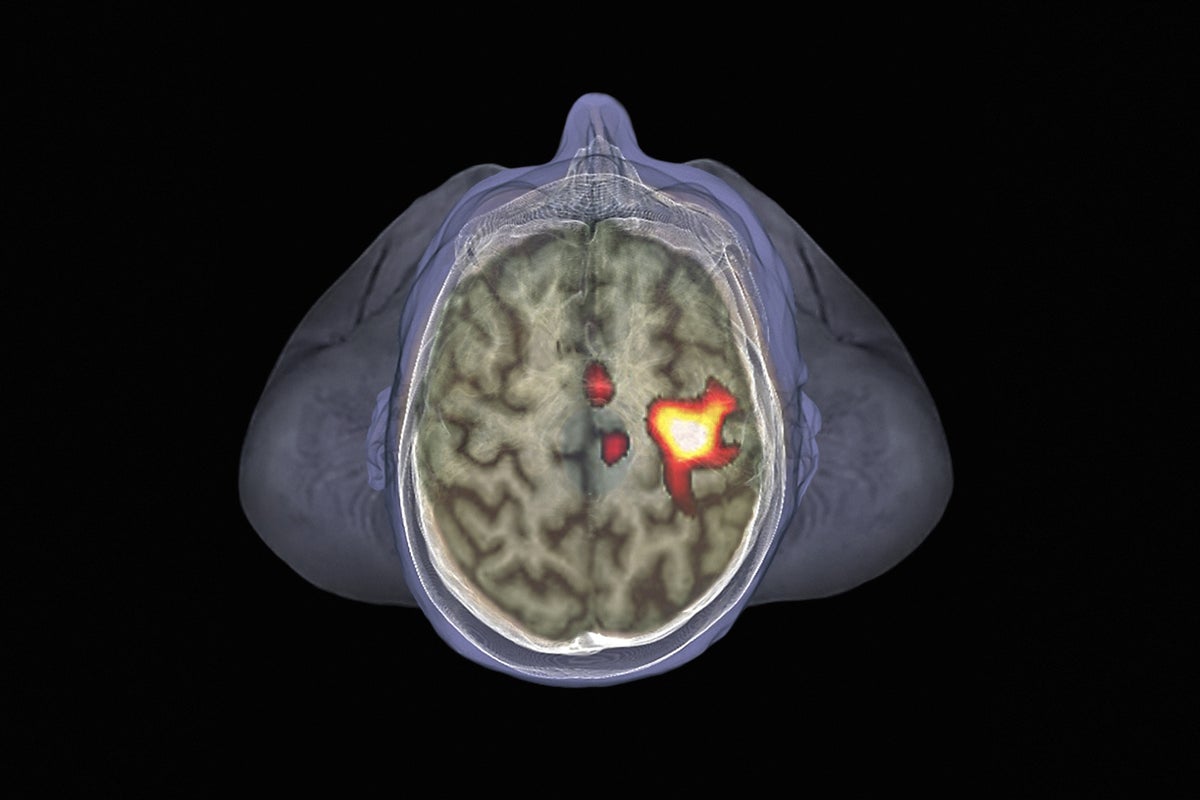The Brain Fires Up Immune Cells When Sick People Are Nearby
When people viewed virtual avatars with coughs or rashes, their brain triggered an immune response
Brain areas that help to monitor the envelope of space close to a person are involved in firing up immune cells when infection threatens.
Join Our Community of Science Lovers!
The brain activates front-line immune cells in response to the mere sight of a sick person, mimicking the body’s response to an actual infection, a study shows.
The results illustrate the power of the brain “to predict what is going on [and] to select the proper response”, says study co-author Andrea Serino, a neuroscientist at the University Hospital of Lausanne, Switzerland.
If you’re enjoying this article, consider supporting our award-winning journalism by subscribing. By purchasing a subscription you are helping to ensure the future of impactful stories about the discoveries and ideas shaping our world today.
The study was published 28 July in Nature Neuroscience.
The immune system reacts promptly to infections, but it can’t always move fast enough to prevent serious illness. That means it would be useful for the body to realize that an infection is possible and mount a pre-emptive response.
Another group of volunteers did not see the avatars but received an influenza vaccination, representing exposure to an actual pathogen.
The scientists found that the approach of an infectious avatar fired up brain areas linked to personal space — the region immediately surrounding the body. Next came a surge of activity in the brain’s ‘salience network’: a collection of regions that is involved in recognizing important events, including threats, and responding to them.
That brain activity triggered an increase in the frequency of immune defenders called innate lymphoid cells, which are part of the body’s first line of defence against invaders. The frequency of these cells was higher in participants approached by infectious avatars than those approached by controls. The immune activity in those approached by infectious avatars mirrored that of participants who received an influenza vaccine.
The researchers say that the findings could help to improve vaccines: VR might be able to increase activation of the immune cells that are targeted by vaccines, the authors say. That could boost the immune response to vaccines, and, therefore, their efficacy.
This article is reproduced with permission and was first published on July 29, 2025.
Katie Kavanagh writes for Nature.
First published in 1869, Nature is the world’s leading multidisciplinary science journal. Nature publishes the finest peer-reviewed research that drives ground-breaking discovery, and is read by thought-leaders and decision-makers around the world.
Source: www.scientificamerican.com
